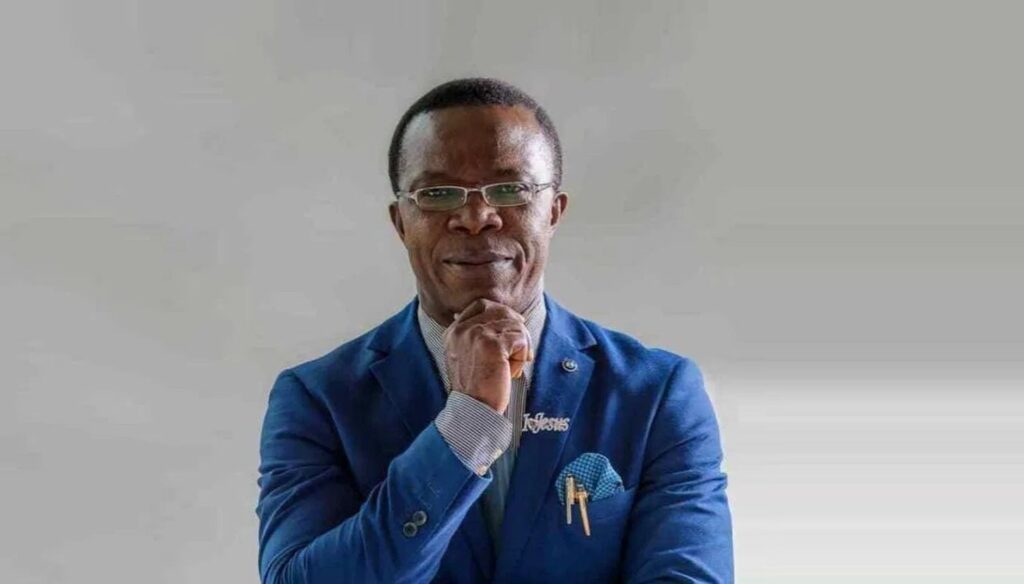In the vibrant landscape of Nigerian business, the role of effective leadership cannot be overstated. Successful Nigerian business leaders exemplify a unique blend of vision, resilience, and strategic acumen that propels their enterprises to new heights. In this case study, we delve into the leadership strategies employed by some of Nigeria’s most prominent business leaders, offering insights and lessons for aspiring entrepreneurs.
Visionary Leadership: Aliko Dangote

Aliko Dangote, the founder of the Dangote Group, stands as a beacon of visionary leadership in Nigeria. His relentless pursuit of growth and innovation has transformed the conglomerate into one of Africa’s largest and most diversified business empires. Dangote’s visionary leadership is characterized by his ability to identify emerging market trends and capitalize on strategic opportunities. By diversifying into sectors such as cement production, agriculture, and telecommunications, Dangote has demonstrated the importance of bold vision and calculated risk-taking in driving business success.
Resilient Leadership: Ibukun Awosika

Ibukun Awosika, the former Chairman of First Bank of Nigeria Limited, embodies the resilience and perseverance necessary to overcome challenges in Nigeria’s dynamic business environment. Despite facing obstacles and setbacks, Awosika has remained steadfast in her commitment to driving organizational excellence and fostering sustainable growth. Her leadership is characterized by resilience in the face of adversity, strategic decision-making, and a focus on building strong corporate governance frameworks. Awosika’s ability to navigate turbulent times and steer her organization towards success serves as a testament to the importance of resilience in leadership.
Innovative Leadership: Jason Njoku

Jason Njoku, the founder of iROKOtv, exemplifies innovative leadership in Nigeria’s burgeoning tech industry. Recognizing the untapped potential of Africa’s entertainment market, Njoku pioneered the concept of streaming Nollywood movies online, disrupting traditional distribution channels and revolutionizing the way African content is consumed globally. His innovative leadership is characterized by a bold vision for the future, a willingness to challenge the status quo, and a relentless pursuit of excellence. Njoku’s ability to harness technology to address market needs underscores the importance of innovation in driving business success in Nigeria’s rapidly evolving digital landscape.
Community-Oriented Leadership: Cosmas Maduka

Cosmas Maduka, the founder of Coscharis Group, embodies a community-oriented approach to leadership, leveraging his business acumen to drive social impact and economic empowerment. Through initiatives such as the Coscharis Foundation, Maduka has demonstrated a commitment to giving back to society and uplifting marginalized communities. His leadership is characterized by a deep sense of social responsibility, ethical business practices, and a dedication to making a positive difference in the lives of others. Maduka’s example highlights the importance of community engagement and corporate social responsibility in fostering long-term sustainable development.
Conclusion
The leadership strategies employed by successful Nigerian business leaders offer valuable insights and lessons for entrepreneurs seeking to navigate the complexities of the Nigerian business landscape. Whether through visionary thinking, resilience, innovation, or community-oriented initiatives, these leaders exemplify the qualities necessary to drive business success and create lasting impact. By studying and applying the principles of effective leadership demonstrated by these exemplary individuals, aspiring entrepreneurs can chart a course towards success in Nigeria’s dynamic and ever-evolving business environment.











